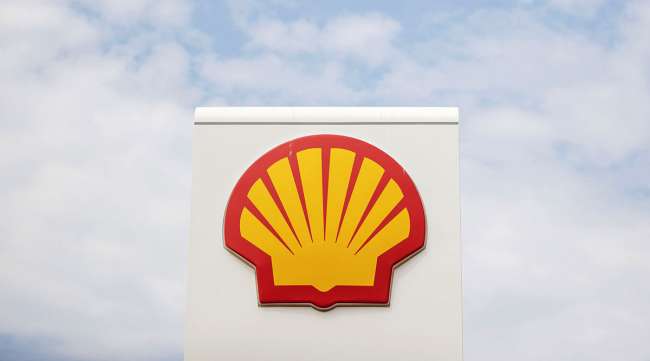Shell Carbon-Capture Plant Hits 4 Million-Ton Milestone Early

A Royal Dutch Shell-operated carbon capture and storage project in Canada has hit a milestone of sequestering 4 million tons of carbon dioxide about six months ahead of schedule and at a lower cost than estimated, helped by better-than-expected reliability.
The Quest facility, which sequesters emissions from the Scotford Upgrader near Edmonton, Alberta, started up in November 2015. It since has run ahead of its target of capturing 1 million tons of carbon a year, said Anne Halladay, a geophysicist who has been an adviser on the project since it was in construction in 2014. That performance has been driven by less unplanned maintenance than projected and more efficient performance, including less chemical usage, she said.
While Shell’s carbon storage project has been a success, Halladay sees more of a future for projects that use the sequestered carbon for industrial purposes such as fertilizer, pharmaceuticals and enhanced oil recovery. Halladay said large projects such as Quest tend to need large amounts of capital and more regulatory incentives to be built. The Quest facility cost about C$1.35 billion to build and received C$865 million from the Canadian and Alberta governments.
“I would love to be sitting here talking about the next 12 carbon capture and storage projects that Alberta has been supporting and that are in the pipeline, but unfortunately we’re not seeing a lot of that,’’ Halladay said. “What we’re looking at now is more carbon capture utilization and storage, which is really about creating a market where we can use the carbon dioxide.’’
However, Halladay sees a future for carbon capture and storage as part of the “all hands on deck’’ strategy that will be needed to reduce emissions and combat climate change. She also noted that there still are some large projects in the works, including one linked to the Chevron Corp.-led Gorgon liquefied natural gas plant in Australia, in which Shell is a partner.

